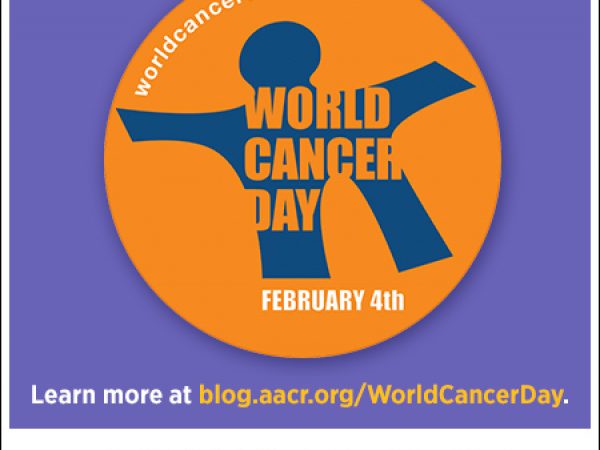Determining Costs and Benefits of Cancer Treatments
It’s a familiar tale: Regulatory agencies approve a new cancer treatment, but it comes with an astronomically high price. Is the treatment worth it?
In an article in its summer 2016 issue, Cancer Today discussed three new frameworks that may help medical professionals, policymakers, and cancer patients assess whether given cancer drugs’ costs are commensurate with their effectiveness.
DrugAbacus, developed by Peter Bach of Memorial Sloan Kettering Cancer Center, calculates the worth of drugs based on a variety of factors, including how much they extend life, their side effects, the cost of developing them, and whether they treat rare diseases. Users can decide how much they value different factors and then compare the resulting “Abacus cost” to the actual cost of each drug.
The European Society for Medical Oncology, meanwhile, gives drugs ratings based on how much they increase survival and their effects on quality of life. The organization plans to rate all drugs newly approved in Europe. The American Society of Clinical Oncology’s framework compares drug regimens to each other, assigning drugs scores that signify their added benefit compared to standard care.
Unfortunately, knowledge of a costly procedure’s lack of benefit does not always translate into changes in clinical practice. Another article published in Cancer Today’s summer issue described a study showing that doctors continue to use positron emission tomography (PET) scans, which can cost upwards of $7,000, as first-line tests to monitor for recurrence in survivors of esophageal and lung cancer, despite clinical guidelines that recommend against routine use. At hospitals where routine PET scans are generally avoided, patients survive as long as those in hospitals that using PET scans more regularly, the study showed.
Read more on Cancer Today‘s website.
Cancer Today is a magazine for cancer patients, survivors, and their caregivers. It is published by the American Association for Cancer Research.




I had no idea that patients who avoid PET scans are surviving as long as patients who get them regularly. I doubt that means the scans are not needed. But rather it shows there is room for improvement and adjustment needed.